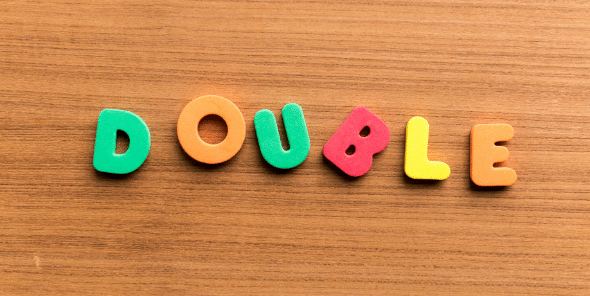A person can obtain one patent only for one invention and not more. This remains the convention as in the case this principle didn’t exist; then a single inventor would have been able to obtain multiple patents on a single invention. This would lead to an obvious monopoly for the invention. But the intention of patent law throughout the world is not quite so. The intent is to grant a bundle of rights to an inventor for his/her invention for a limited period of time. After the expiry, the invention is released into the public domain for the benefit of the public.
A patent is granted twice as depriving the public of the consideration it was to receive for being excluded from the free use of the thing during the life of the first patent. In the case of United States of America V. American Bell Telephone Company,[1] the court had held that the public pays for in submitting to the monopoly made by the patent is the free enjoyment of said patent after the time limit is over and it is released into the public domain. Therefore, multiple patents being granted for a single invention would lead to several infringement proceedings.
The double patenting doctrine seeks to prevent the unjustified extension of patent exclusivity beyond the term of a patent. The public policy behind this doctrine is that:
The public should be able to act on the assumption that upon the expiration of the patent, it will be free to use not only the invention claimed in the patent but also modifications or variants which would have been obvious to those of ordinary skill in the art at the time the invention was made, taking into account the skill in the art and prior art other than the invention claimed in the issued patent.[2]
In re Zickendraht, it was held that double patenting results when the right to exclude granted by a first patent is unjustly extended by the grant of a later issued patent or patents.[3]
Requisites for Raising Objections against Double Patenting
1. Entity- If the applicant or the inventing entity submitting the patent application in question is common. (Common Inventive Entity) The only condition required is common ownership. If it exists, then there will be a case of double patenting or an attempt to do the same.
2. Substantially Identical Inventions- It refers to the patent applications having a similar claim and not similar descriptions.
3. The Other Patent Application should be Pending or Granted- Conflict of claims or double patenting can arise only when the other application is alive and published or granted a patent.
Position in India
There is no provision expressly stating the invalidity of double patenting. However, it can be inferred from Section 46(2) of the Patents Act, 1970. [4] The said provision states that only one patent can be granted for a single invention. However, an objection of double patenting may be raised in the case of a patent application claiming the same invention as in another patent by the same applicant, even if the effective date of filing of the application under consideration is earlier than that patent. For example, in cases where a later-filed application gets granted before the earlier-filed application, an objection of claims with the same scope may be raised during the prosecution of the earlier-filed application (Controller’s decision in the matter of Indian patent application 3288/KOLNP/2008).
Conclusion
There is no strict law on Double Patenting in India yet. The law should be well laid out to tackle malpractices and the issue of Double Patenting. An express provision preventing the practice of double patenting is required, which will clarify the position in India regarding double patenting.
[1] United States of America v American Bell Telephone Company, (167 US 224)
[2] USPTO- Definition of Double Patenting, see https://www.uspto.gov/web/offices/pac/mpep/s804.html
[3] Zickendraht, 319 F.2d 225, 232, 138 USPQ 22, 27 (CCPA 1963)
[4] § 46(2) Patents Act, 1970- A patent shall be granted for one invention only: Provided that it shall not be competent for any person in a suit or other proceeding to take any objection to a patent on the ground that it has been granted for more than one invention.




